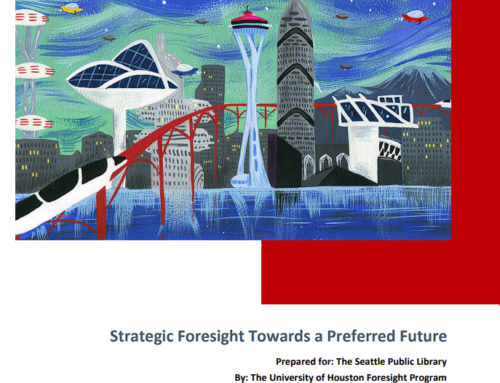
The more we uncover about ourselves and our evolution of life on this planet, the better idea we get on how there can be life on other planets that might not be as hospitable as Mother Earth has made it. The bacteria that thrives in hard to live places like hydrothermal vents give us a peek into what may be living on planets with bad temperatures or unkind climates.
Even Without Oxygen, Life Thrived On Earth
Computing is the closest thing we have to a synthetic brain, systems of interconnected pattern recognition and direction in order to create and facilitate. As we creep closer to the Singularity where humans and machines meet, having a chip with a billion or a trillion neurons means better and faster computing and possibly, better and faster humanity.
“Neurosynaptic” Computing From IBM: The Chip That Truly Acts Like A Brain
As countries progress and female equality is driven forward, marriage becomes less and less a mainstay. Countries just like other biological systems have a point where infinite growth stalls. The Economist runs the numbers on who will stall the quickest.
The End Of Women? The Economist Points To Shrinking Growth Rates
The Great Flood Of 1931 in China was the worst natural disaster of the 20th century, killing as many as 3.7 million. Being prepared for floods in China and other countries should be a top priority especially in regions of heavy populations. Having comprehensive data on rivers and bodies of water though gives scientists a leg up where flooding develops and makes for early warning through detection.
IBM and University of Texas Harnessing Flood Prediction Technology


